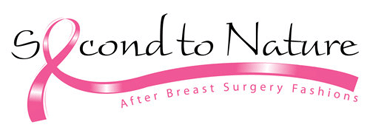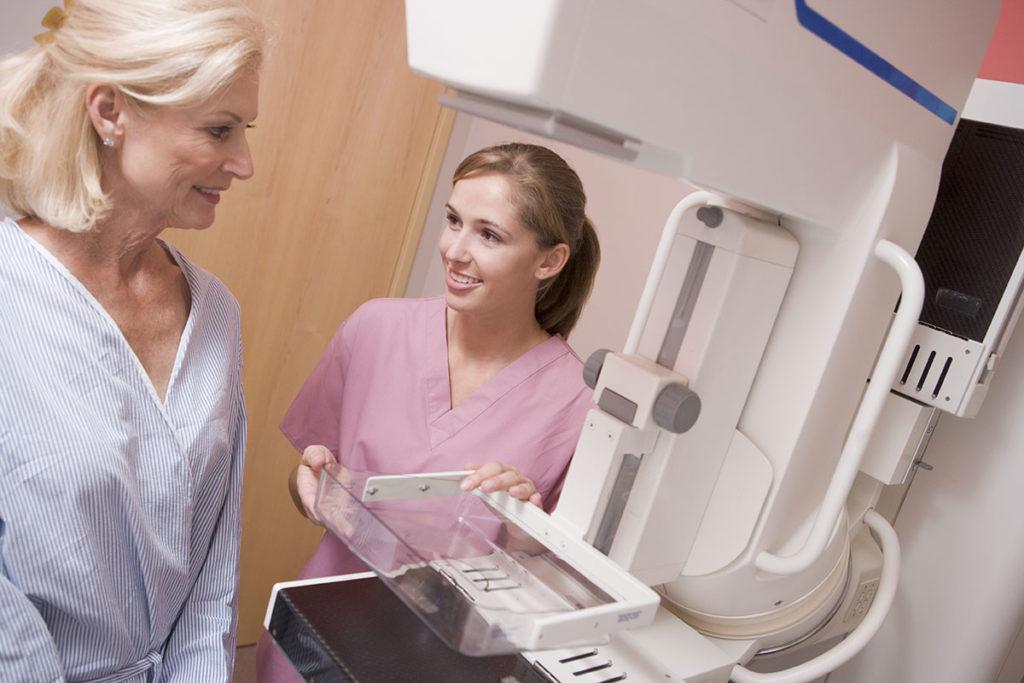Second To Nature Believes Mammograms Are a Prime Defense Against Cancer
What do you know about the importance of a mammogram? Last month, we shared about how you can support a loved one with breast cancer. Even if someone you love has a new diagnosis, their breast cancer journey is difficult. Often that journey starts with a mammogram. A mammogram is an X-ray image of the breast. Doctors use this screening technology to look for early signs of ductal, lobular, and other breast carcinomas. Second To Nature believes that, after doing regular monthly self-examinations, mammograms are a prime defense against cancer in the breast.
Mammogram Statistics
According to www.acraccreditation.org, mammography has contributed to reducing breast cancer mortality by almost 40 percent since 1990 in the U.S. For every 100 mammograms, 90 return with normal results. Out of the remaining 10, only two will result in recommending a biopsy.
The Centers for Disease Control says that regular mammograms are “the best tests doctors have to find breast cancer early, sometimes up to three years” before patients feel it. With our 10+ years of post-mastectomy products experience in VA, Second To Nature knows that mammograms are important. They provide early detection and help patients avoid extensive treatments. Mammograms also reduce the risk of death as well keep treatment costs down.
Mammograms Provide Early Detection of Breast Cancer
Self-examinations certainly help, but mammograms usually show a lump before it’s detectable by touch. According to the American Cancer Society, screening for and detecting breast cancer early results in a 99 percent survival rate. Though fatty cells or other conditions like cysts create lumps, sometimes cancer causes lumps or specks. (Micro-calcifications also show up on mammograms, though they can’t develop into breast cancer.)
The sooner mammograms detect even microscopic cancer cells, the sooner doctors can offer treatment. Cancer detected early is more likely to be smaller and confined to the breast. If found early enough, breast cancer treatment options vary. Stage zero cancer only shows in the interior of the milk duct.
Treatment Options in Early Stages
This cancer is non-invasive. At stage zero, lumpectomies and simple mastectomies are optimal. Stage one breast cancers are still relatively small. The cancer has either not spread to the lymph nodes or a small amount is only in the first lymph node. At stage one, treatment usually includes surgery plus radiation therapy, sometimes with chemo therapy.
Mammograms Help Cancer Patients Avoid Extensive Treatment
Screening for and detecting breast cancer early means you can avoid extensive treatments. The later the stage, the more likely treatments include radiation and chemo therapies. Surgery is likely the only treatment necessary for stage zero cancer.
A lumpectomy is a surgery that removes the abnormal cells and a little of the normal tissue near them. A mastectomy is a surgery that removes the entire breast. Recovering from surgery usually requires rest, relaxation, and pain management. Recovering from radiation and chemo therapies have harsher consequences.
Reactions to Radiation Therapy and More
- Reactions to radiation therapy usually start during the second or third week of treatment. Sometimes they last for several weeks after the final treatment and may be long term. Radiation therapy aimed at the breast area may cause side effects like difficulty swallowing, shortness of breath, and breast or nipple soreness.
- Radiation pneumonitis can sometimes occur and includes symptoms include cough, fever, and fullness of the chest. This can happen between two weeks and six months after radiation therapy. Radiation fibrosis causes permanent lung scars from untreated radiation pneumonitis. Common chemotherapy after effects include a rash or dry skin, nausea and vomiting, fatigue, infections, diarrhea, and constipation.
- Sometimes patients suffer from forgetfulness or difficulty concentrating, changes in appetite and/or weight, and painful swelling. Harsher after effects include mouth sores, nerve damage, neutropenia, and hair loss.
Mammograms Reduce the Risk of Death from Breast Cancer
It just makes sense, doesn’t it? The earlier you do breast cancer screening and it’s detected, the sooner it’s treated. The sooner doctors can treat cancer, the more likely the treatment reduces the risk of death. In 2018, oncologists diagnosed over 18 million new cancer cases. Nearly five million of those cases would have been treated more effectively had they been detected sooner.
According to a 2019 study by the American Cancer Society, female breast cancer death rates have steadily declined since 1989 in the U.S. This decline is, in large part, due to early detection by mammography. A study conducted by http://breastcancer.org determined the breast cancer death rate decreased one percent each year from 2013 to 2018.
Early Detection and Reducing the Risk of Death Keeps Treatment Costs Down
Screening for and detecting cancer early significantly lowers cancer’s financial impact, thereby keeping treatment costs down. The cost of treatment is much less in the early stages. According to a study published by American Health & Drug Benefits, stage zero breast cancer treatments cost over $60K while stage five breast cancer cost treatments cost over $134K.
Additionally, if given access to treatment early enough, people can continue supporting themselves and their families. For example, at stage zero chemo-therapy isn’t generally required. Therefore, the hardest recovery for a breast cancer patient is usually post-operative. Therefore, the patient simply requires a few weeks of convalescence.
Know About the Importance of a Mammogram with Second to Nature
Once you know about the importance of a mammogram, it is our sincere hope that you will maintain it as a regular part of your healthy lifestyle. Second to Nature in Roanoke offers education, support, and post-mastectomy products. We recognize the importance of a mammogram and the many ways early detection can benefit our customers, their families, and our community.
If your mammogram shows a need for a mastectomy, explore options with Second To Nature. Call us at (540) 366-2711 for a variety of post-Mastectomy products and education. Like and follow us on FACEBOOK for updates. We’d be happy to share more with you about the importance of a mammogram.

